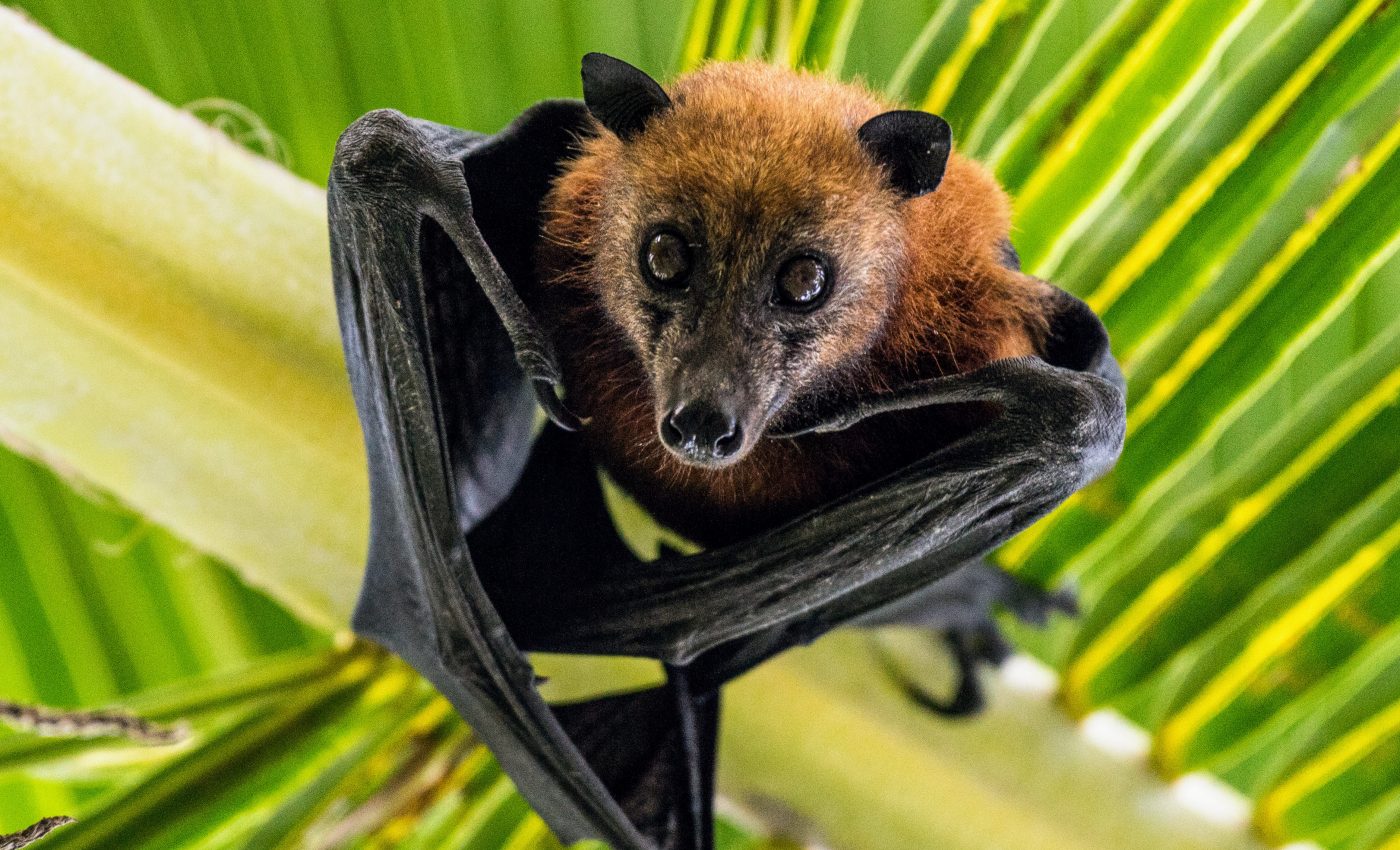
Nearly all native Japanese bats are endangered
In a new study from Kyoto University, researchers have found that Japanese bats are in desperate need of protection. Among the bats that are native to Japan, 90 percent are threatened with extinction.
Bats fill important ecological roles in pest control and pollination. They also disperse the seeds of hundreds of different plant species. But while bats have been the focus of research across many fields, their conservation has been understudied, particularly in Japan.
Researchers from Kyoto University’s Graduate School of Informatics investigated the state of bat research in Japan and found poor alignment between conservation needs and allocation of resources. They noted that research efforts have gradually increased over the last two decades, yet endangered endemic bat species are getting the least attention.
“Conservation status alone is not enough to promote research on these threatened species,” said study co-author Jason Preble. “We systematically reviewed the literature of the last fifty years, assessing patterns in research distribution across multiple categories in order to identify gaps and future priorities.”
The researchers found a pronounced shortage of both ecological and conservation-motivated studies on nearly half of the extant species in Japan. Furthermore, even though many threats to Japanese bats have been identified, there was a shortage of data measuring the impacts of these threats.
“All of these factors are immensely concerning,” said study co-author Christian E. Vincenot. “We were distressed to see threats such as wind turbines and climate change severely understudied.”
Based on their findings, the team established some recommendations for strengthening Japanese bat conservation.
“For example, we need to prioritize research efforts that provide the ecological information needed to design and implement concrete conservation plans,” explained Vincenot. He added that data disclosure is imperative.
The authors also emphasized the importance of communicating research findings to the public, which in turn can facilitate support from funding agencies.
“While hopeful signs of improvement exist, ultimately a stronger spirit of research and collaboration – along with informed conservation practices – will determine if these creatures can reach the road to recovery or ultimately decline into extinction,” said Vincenot.
The study is published in the journal Mammal Review.
–—
By Chrissy Sexton, Earth.com Staff Writer













